Men are more likely to shy away from discussing their mental health issues in public due to fear of being made fun of.
Sample these recent events: In Rajasthan’s Sikar, a 40-year-old lawyer immolated himself alleging harassment by government officials and police. In Lucknow, a 26-year-old MBBS student was found hanging in his hostel room. In Andhra Pradesh’s Machilipatnam, a 15-year-old boy allegedly hung himself after being mocked by cousins for losing a PUBG round. In a Bengaluru hostel, another 13-year-old boy killed himself in a similar fashion after being denied a phone call on his mother’s birthday.
As the world marks International Men’s Health Week from June 13-19, psychiatrists warn of an overwhelming number of men and boys in India taking the extreme step due to depression and anxiety over professional, personal, financial and emotive issues.
According to global data platform Statista, suicides among Indian men rose from 87,000 in 2010 to 91,500 in 2015 to a mammoth 108,500 in 2020. This translates to 300 suicides by men every day in India in the pandemic year, that was marked by widespread income loss and financial difficulties. Suicides by Indian women dipped from 47,000 in 2010 to 42,000 in 2015, and upped slightly to 44,500 in 2020.
And yet, men are more likely to shy away from discussing their mental health issues in public due to fear of being made fun of by their peers. “Some of the causes for suicides in the country were due to professional problems, abuse, violence, family problems, financial loss, sense of isolation and mental disorders,” noted Statista.
Another earlier data too sent out chilling signals on the scale of mental health problems among Indian men. Almost 70 per cent of calls received on the Centre’s mental health helpline number in the first few months of its launch have been from men!
The helpline KIRAN was launched by the Union social justice and empowerment ministry on September 16, 2020. As per reports, between September 2020 and May 2021, the helpline received 30,000 calls, of which only 30 per cent were from women. Over half the calls were related to depression and anxiety, with students constituting a third of the total callers. Some 77 per cent callers were in the 15-40 age bracket.
“Our societal systems often do not allow men to express sadness, anxiety or worry. The only emotion that then comes out is anger which pushes the vulnerable further into isolation. Men are not taught coping mechanisms. Seeking help comes after accepting one’s emotions and expressing them. But most men have no idea what to do in these situations and try to run away from them,” says Dr Jini K Gopinath, chief psychology officer at emotional wellness platform YourDOST.
READ | World Blood Donor Day 2022: History, significance and theme
“Women discuss their emotions during get-togethers, but men’s gatherings are filled with mostly political debates. There is no outlet for men. They need awareness, education and wide support systems for ventilation of mental health issues. We also need society to be more empathetic. We need a paradigm shift,” Dr Gopinath added.
![submenu-img]() ‘Tagdi practice karwayi’: Shubman Gill after facing Rishabh Pant’s spin in nets ahead of IND vs BAN 2nd Test – Watch
‘Tagdi practice karwayi’: Shubman Gill after facing Rishabh Pant’s spin in nets ahead of IND vs BAN 2nd Test – Watch![submenu-img]() Meet top actress who was offered adult film by Nepali producer, did sensational cover shoot, sister changed name for...
Meet top actress who was offered adult film by Nepali producer, did sensational cover shoot, sister changed name for...![submenu-img]() 'Why pick up BCCI, settle with them only': SC asks Byju's on Rs 15000 crore debt
'Why pick up BCCI, settle with them only': SC asks Byju's on Rs 15000 crore debt![submenu-img]() NASA’s rover discovers unusual 'Zebra-stripped' rock on...
NASA’s rover discovers unusual 'Zebra-stripped' rock on...![submenu-img]() Mpox outbreak: Centre issues advisory to prevent spread of virus, says, 'minimize risk of...'
Mpox outbreak: Centre issues advisory to prevent spread of virus, says, 'minimize risk of...'![submenu-img]() सरकार ने बनाई 24 संसदीय समितियां, PM Modi ने Rahul Gandhi को भी सौंपी ये बड़ी जिम्मेदारी
सरकार ने बनाई 24 संसदीय समितियां, PM Modi ने Rahul Gandhi को भी सौंपी ये बड़ी जिम्मेदारी![submenu-img]() Israel में बम बरसा रहे हमास-हिजबुल्लाह, फिर भी घायल भारतीय जवान को Airlift कर लाई Indian Army
Israel में बम बरसा रहे हमास-हिजबुल्लाह, फिर भी घायल भारतीय जवान को Airlift कर लाई Indian Army![submenu-img]() न दुर्गा पूजा, न मूर्ति विसर्जन... बांग्लादेश में हिंदुओं के लिए फरमान, बदला हुआ राज और क्या कहर ढाएगा?
न दुर्गा पूजा, न मूर्ति विसर्जन... बांग्लादेश में हिंदुओं के लिए फरमान, बदला हुआ राज और क्या कहर ढाएगा? ![submenu-img]() Hezbollah के ड्रोन कमांडर की मौत! इजरायल का दावा- बेरूत पर की बमों की बारिश
Hezbollah के ड्रोन कमांडर की मौत! इजरायल का दावा- बेरूत पर की बमों की बारिश![submenu-img]() Kolkata Rape Murder Case में मृत्युदंड, Tripura Rape Case में 70 साल के आ�रोपी को 20 साल कैद, दो मासूमों को मिला न्याय
Kolkata Rape Murder Case में मृत्युदंड, Tripura Rape Case में 70 साल के आ�रोपी को 20 साल कैद, दो मासूमों को मिला न्याय![submenu-img]() Mahindra Thar Roxx 4x4 prices revealed, starts at Rs…
Mahindra Thar Roxx 4x4 prices revealed, starts at Rs…![submenu-img]() Sebi gives nod to Hyundai India's Rs 20,000 crore IPO, listing month is...
Sebi gives nod to Hyundai India's Rs 20,000 crore IPO, listing month is...![submenu-img]() Tata launches Nexon iCNG, check price, mileage, other features
Tata launches Nexon iCNG, check price, mileage, other features![submenu-img]() This Indian car brand set to acquire 50% stake in Skoda Auto Volkswagen India, deal will cost Rs…
This Indian car brand set to acquire 50% stake in Skoda Auto Volkswagen India, deal will cost Rs…![submenu-img]() Ford to return to India after 2 years with reopening of....
Ford to return to India after 2 years with reopening of....![submenu-img]() Meet IAS Tina Dabi's friend who quit her MD degree, cracked UPSC exam without coaching, became IAS officer with AIR...
Meet IAS Tina Dabi's friend who quit her MD degree, cracked UPSC exam without coaching, became IAS officer with AIR...![submenu-img]() The Evolving Job Market and Career Choices
The Evolving Job Market and Career Choices![submenu-img]() NEET success story: Meet woman, daughter of auto driver, who cracked medical exam, scored 635 marks, she is...
NEET success story: Meet woman, daughter of auto driver, who cracked medical exam, scored 635 marks, she is...![submenu-img]() Meet Tina Dabi's batchmate who debunked IAS myth, studied at night to clear UPSC exam with AIR...
Meet Tina Dabi's batchmate who debunked IAS myth, studied at night to clear UPSC exam with AIR...![submenu-img]() Savitha Nuguri’s Story: A Leader in Full-Stack Development and UI/UX Design
Savitha Nuguri’s Story: A Leader in Full-Stack Development and UI/UX Design![submenu-img]() Congress President Kharge Slams & Opposes 'One Nation, One Election' Proposal, Calls It Impractical
Congress President Kharge Slams & Opposes 'One Nation, One Election' Proposal, Calls It Impractical![submenu-img]() Why 'One Nation One Election' Is important? Ashwini Vaishnaw Explains After It Gets Cabinet Approval
Why 'One Nation One Election' Is important? Ashwini Vaishnaw Explains After It Gets Cabinet Approval![submenu-img]() Jammu Kashmir Assembly Election 2024 Phase 1 Highlights: What Happened In First phase In J&K Polls?
Jammu Kashmir Assembly Election 2024 Phase 1 Highlights: What Happened In First phase In J&K Polls?![submenu-img]() One Nation One Election: Centre Clears Proposal, Bill To Be Introduced In Winter Session | Modi 3.0
One Nation One Election: Centre Clears Proposal, Bill To Be Introduced In Winter Session | Modi 3.0![submenu-img]() Haryana Elections 2024: Is BJP Set To Lose In Haryana? Anti-Incumbency And Other Factors Analysed
Haryana Elections 2024: Is BJP Set To Lose In Haryana? Anti-Incumbency And Other Factors Analysed![submenu-img]() Meet IITian who worked as Microsoft intern, failed 17 times, then built Rs 42 crore company, topped 2024 Hurun list of..
Meet IITian who worked as Microsoft intern, failed 17 times, then built Rs 42 crore company, topped 2024 Hurun list of..![submenu-img]() Ratan Tata's company inks Rs 91000 crore pact with Taiwan firm to build India's first...
Ratan Tata's company inks Rs 91000 crore pact with Taiwan firm to build India's first...![submenu-img]() Shloka Mehta or Radhika Merchant? Which bahu of Mukesh Ambani, Nita Ambani is more richer? Check out here
Shloka Mehta or Radhika Merchant? Which bahu of Mukesh Ambani, Nita Ambani is more richer? Check out here![submenu-img]() Mukesh Ambani's Reliance teams up with Swedish company, will now sell...
Mukesh Ambani's Reliance teams up with Swedish company, will now sell...![submenu-img]() After reducing debt, Anil Ambani's Reliance Infra to now take major decision on...
After reducing debt, Anil Ambani's Reliance Infra to now take major decision on...![submenu-img]() From Puthuvype Beach to Kumbalangi Village: 6 must-visit hidden gems in Kochi
From Puthuvype Beach to Kumbalangi Village: 6 must-visit hidden gems in Kochi![submenu-img]() OTT Releases This Week: Saripodhaa Sanivaaram, Taaza Khabar Season 2, Love Sitara, latest films, series to binge-watch
OTT Releases This Week: Saripodhaa Sanivaaram, Taaza Khabar Season 2, Love Sitara, latest films, series to binge-watch![submenu-img]() 10 thirst trap pics of Tillu Square actress Anupama Parameswaran
10 thirst trap pics of Tillu Square actress Anupama Parameswaran![submenu-img]() From Jasprit Bumrah to Stuart Binny: Cricketers who married sports anchors
From Jasprit Bumrah to Stuart Binny: Cricketers who married sports anchors![submenu-img]() From Samantha Ruth Prabhu to Malavika Mohanan: 10 stunning south actresses we want to see more in Bollywood
From Samantha Ruth Prabhu to Malavika Mohanan: 10 stunning south actresses we want to see more in Bollywood![submenu-img]() 'Why pick up BCCI, settle with them only': SC asks Byju's on Rs 15000 crore debt
'Why pick up BCCI, settle with them only': SC asks Byju's on Rs 15000 crore debt![submenu-img]() Mpox outbreak: Centre issues advisory to prevent spread of virus, says, 'minimize risk of...'
Mpox outbreak: Centre issues advisory to prevent spread of virus, says, 'minimize risk of...'![submenu-img]() Bilkis Bano case: SC rejects Gujarat govt's plea seeking review of verdict over certain observations
Bilkis Bano case: SC rejects Gujarat govt's plea seeking review of verdict over certain observations![submenu-img]() High-Precision Stamping: Key Steps To Ensure Quality And Accuracy
High-Precision Stamping: Key Steps To Ensure Quality And Accuracy![submenu-img]() Good news for Delhi-NCR! Namo Bharat Metro to pass from 22 stations to reach...
Good news for Delhi-NCR! Namo Bharat Metro to pass from 22 stations to reach...























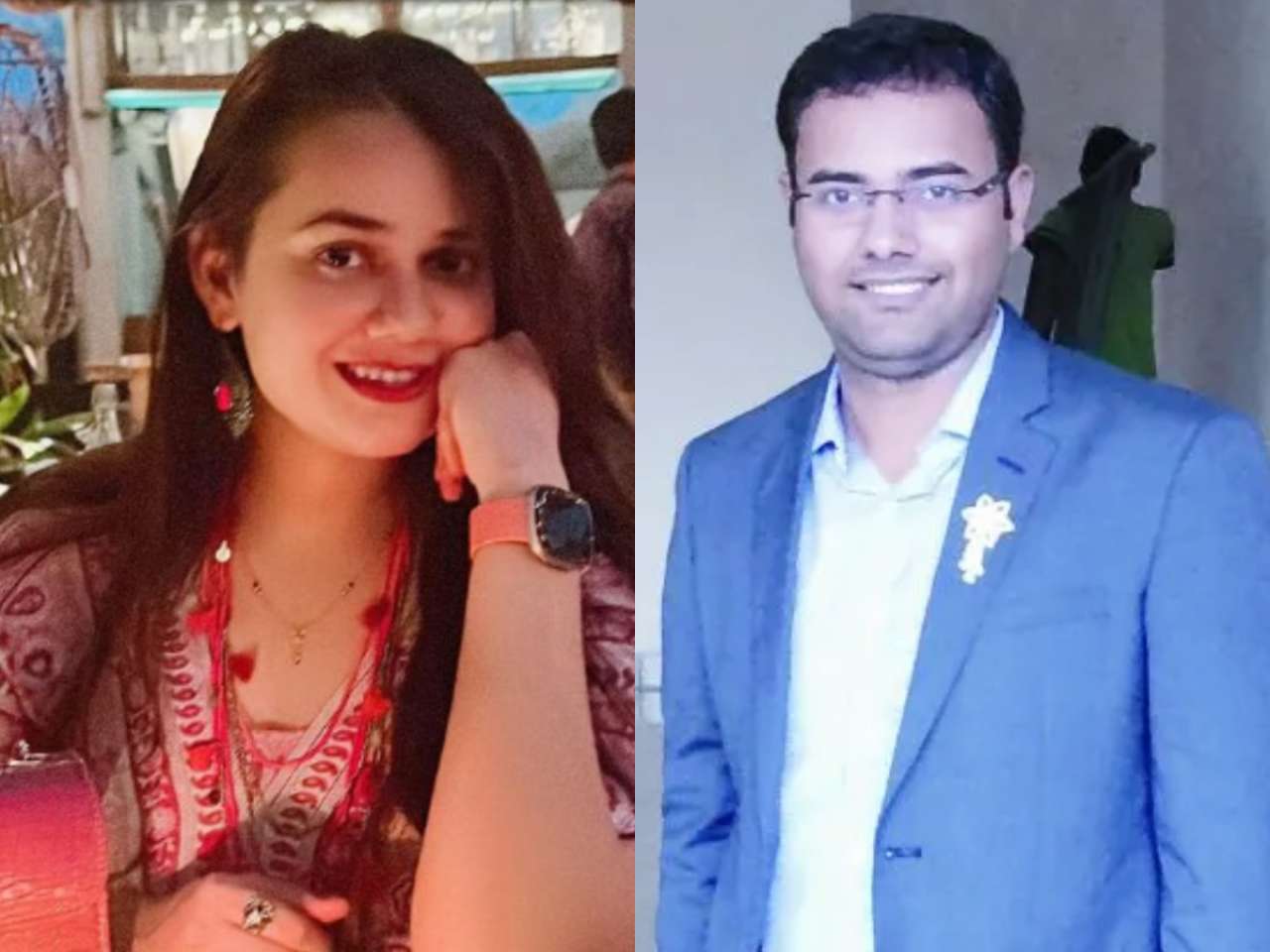
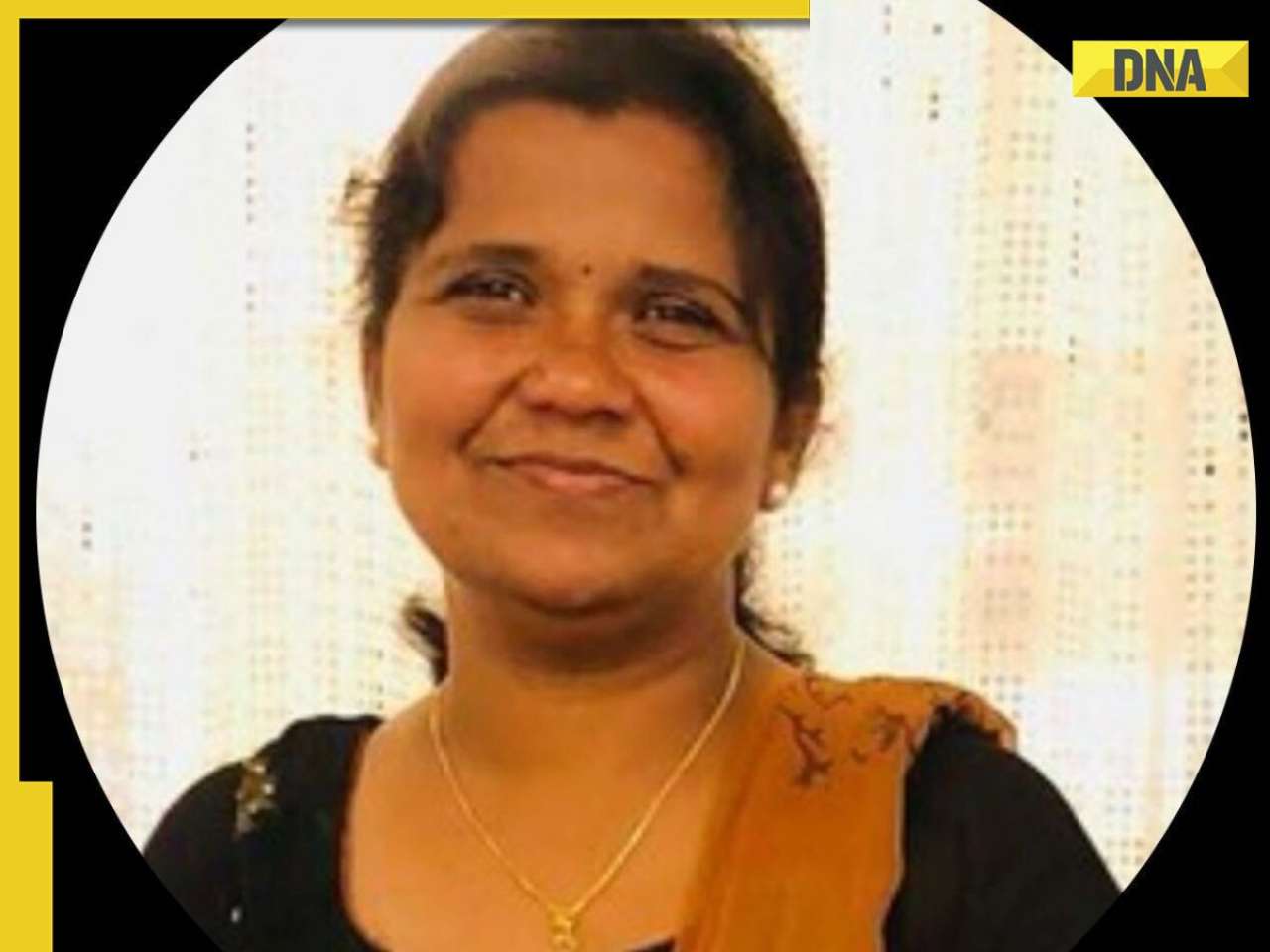
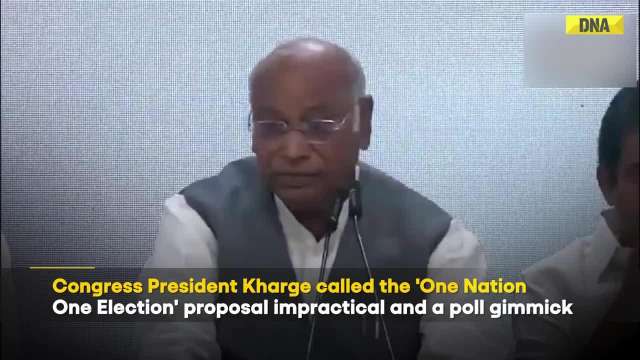
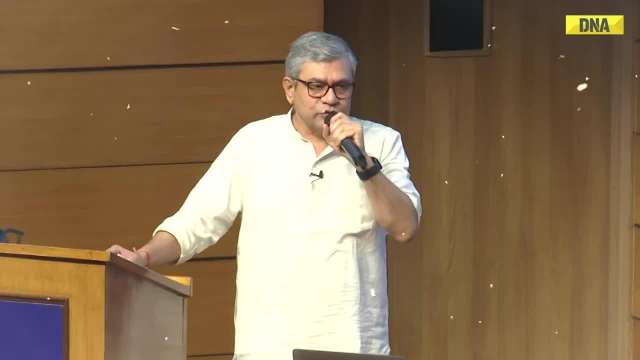

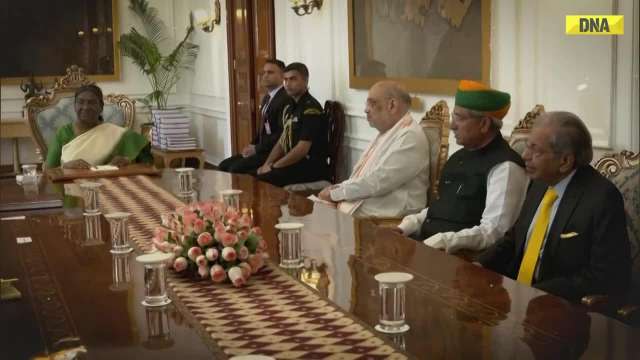


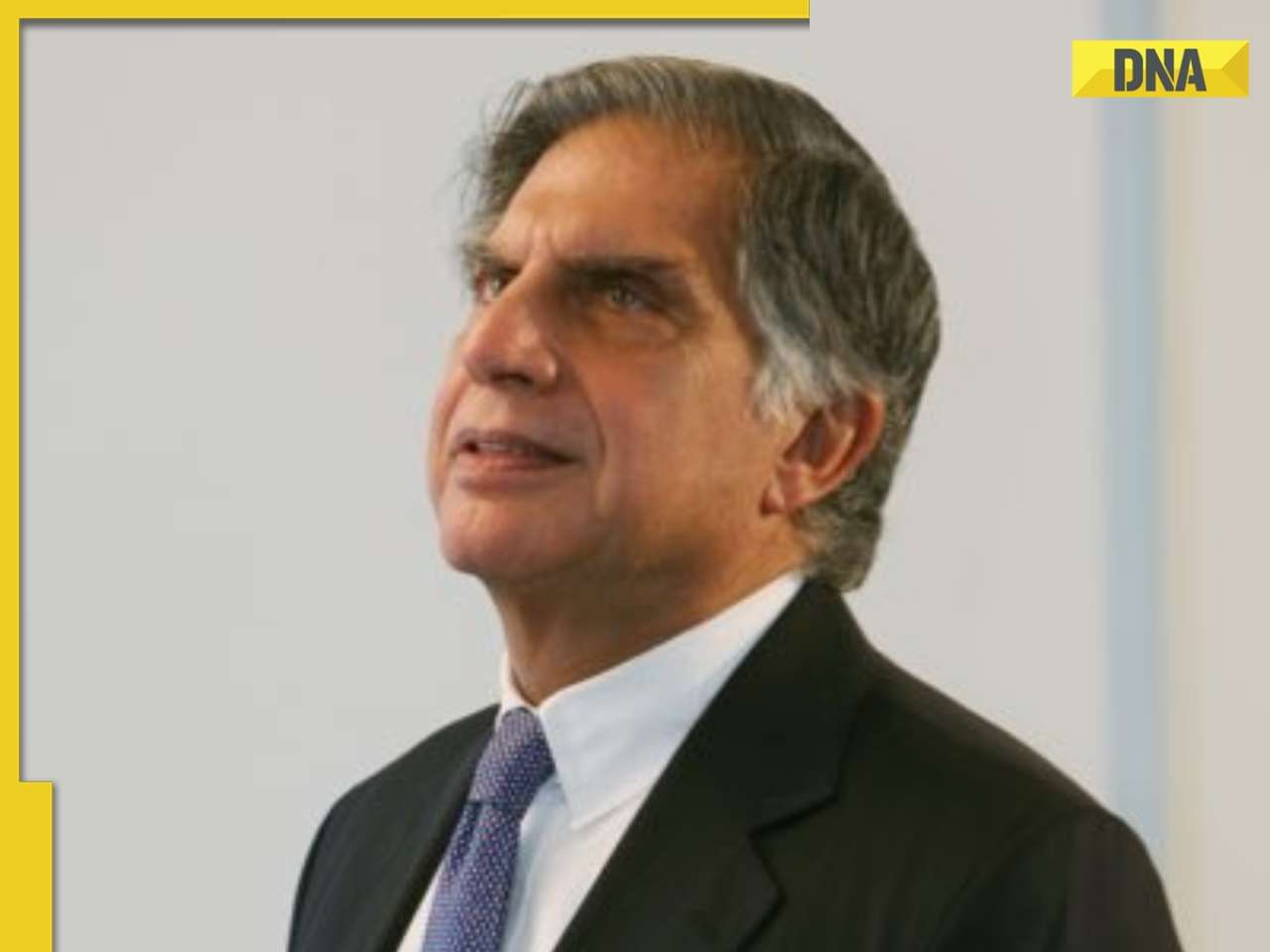
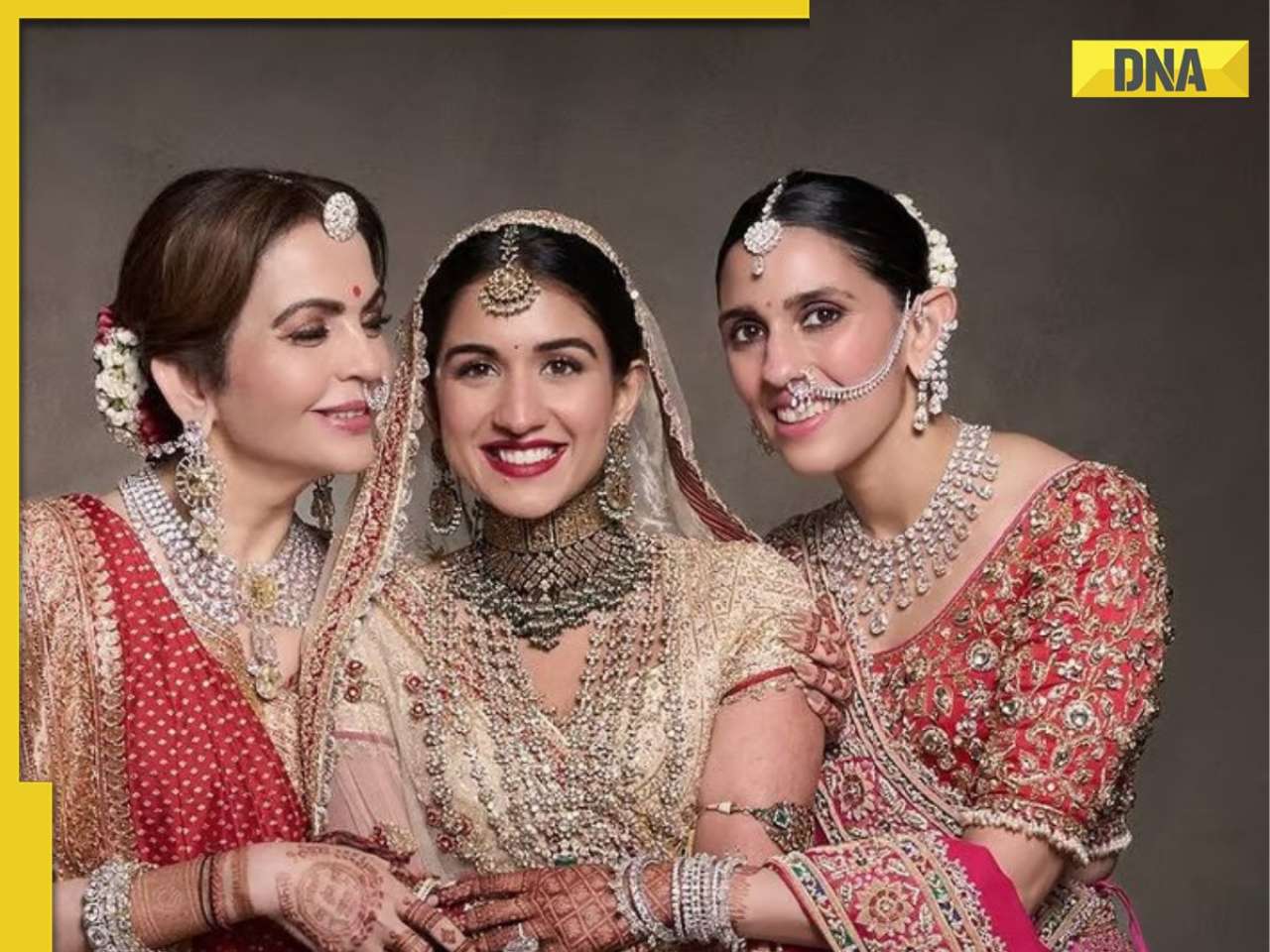
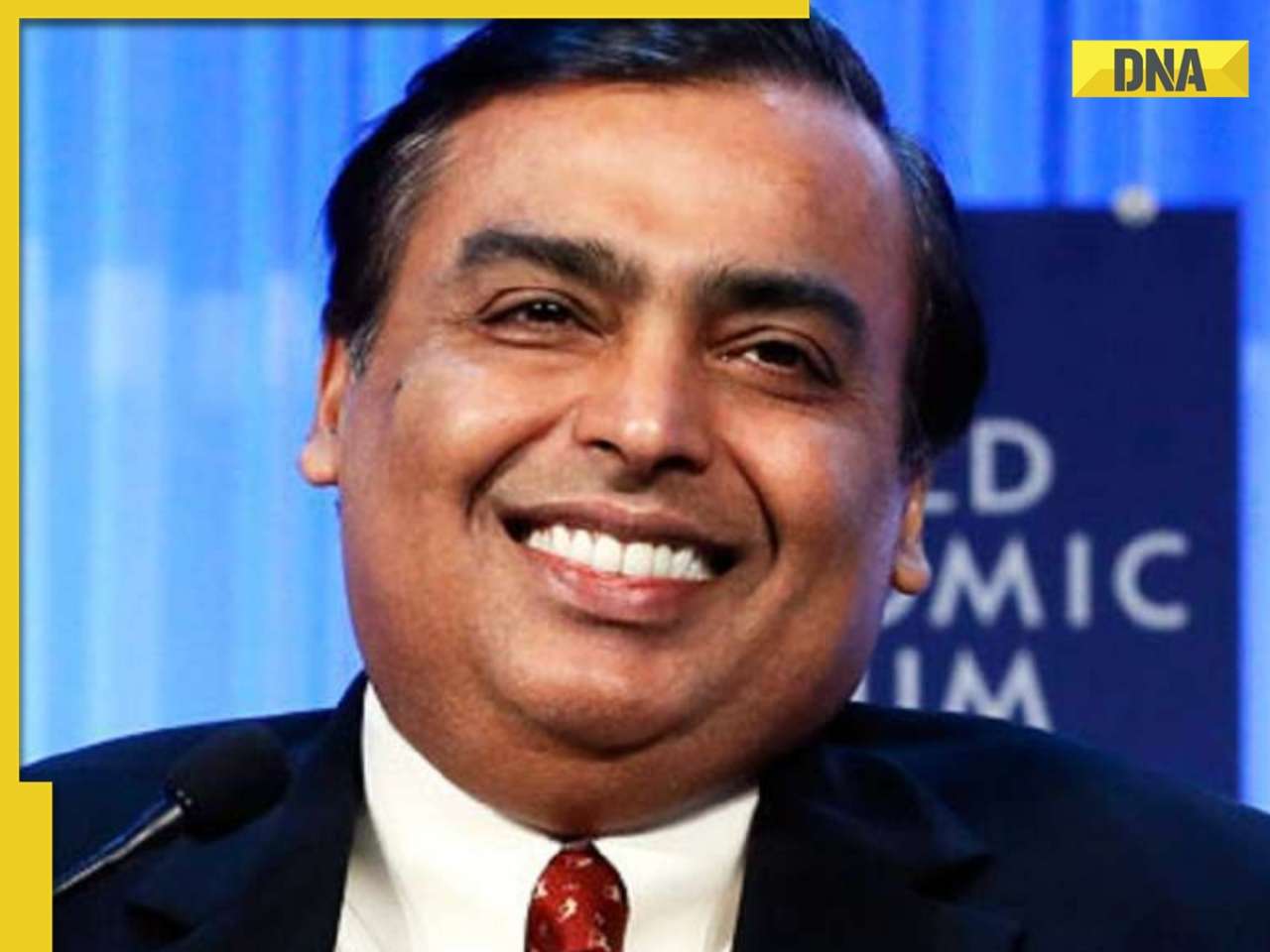






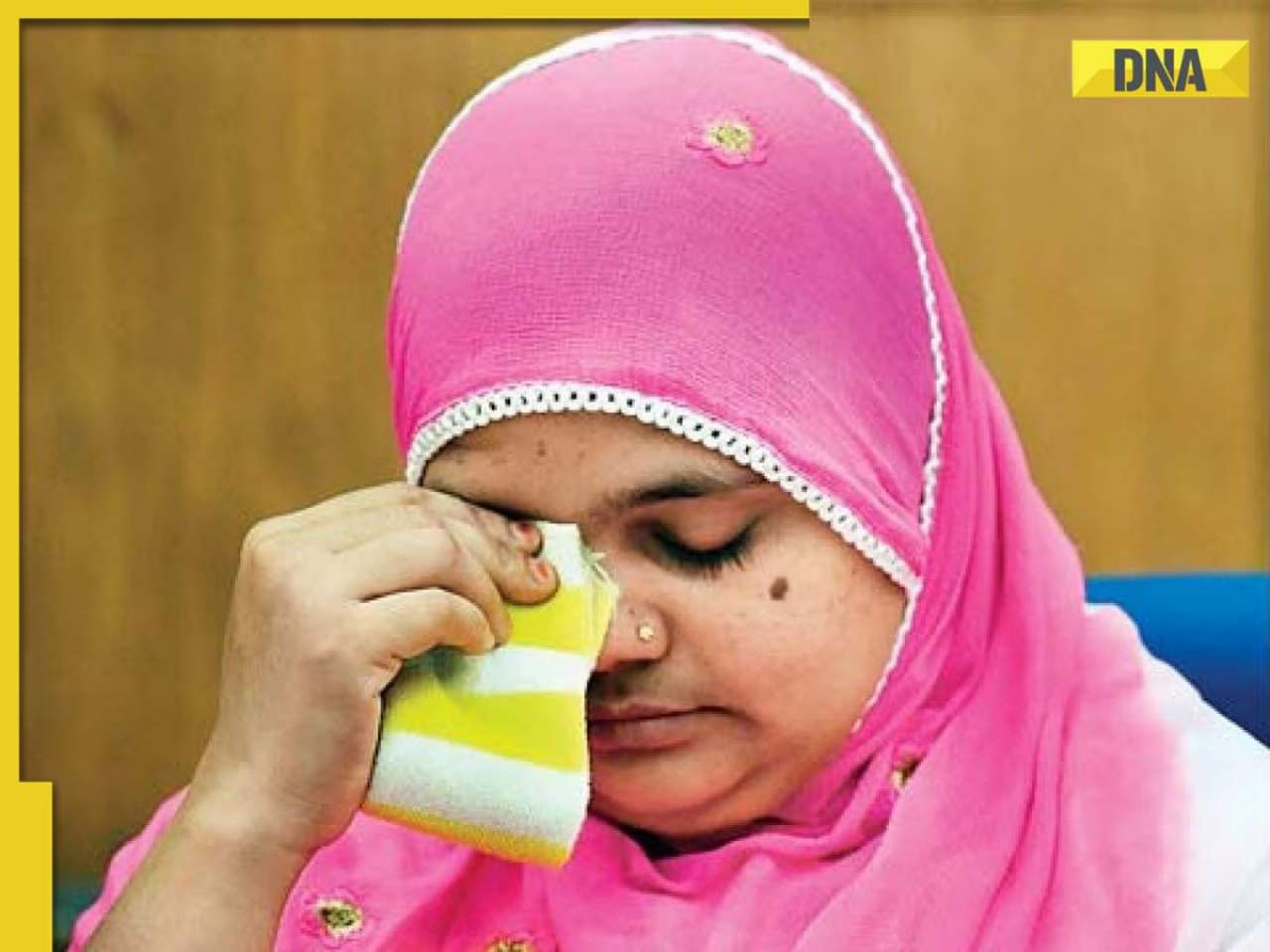



)
)
)
)
)
)
)
)
)
)
)
)
)
)
)





)
)
)
)
)
)